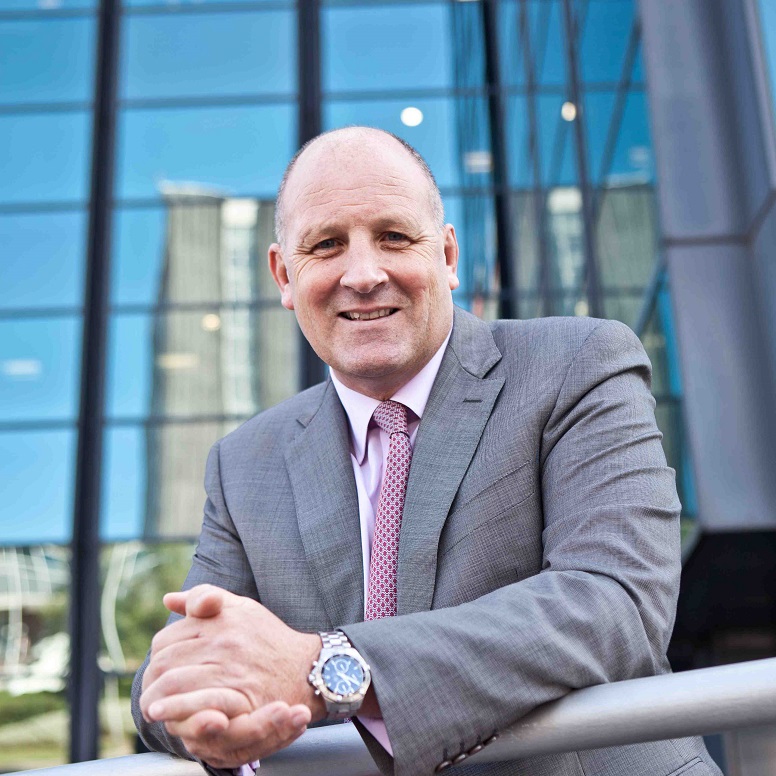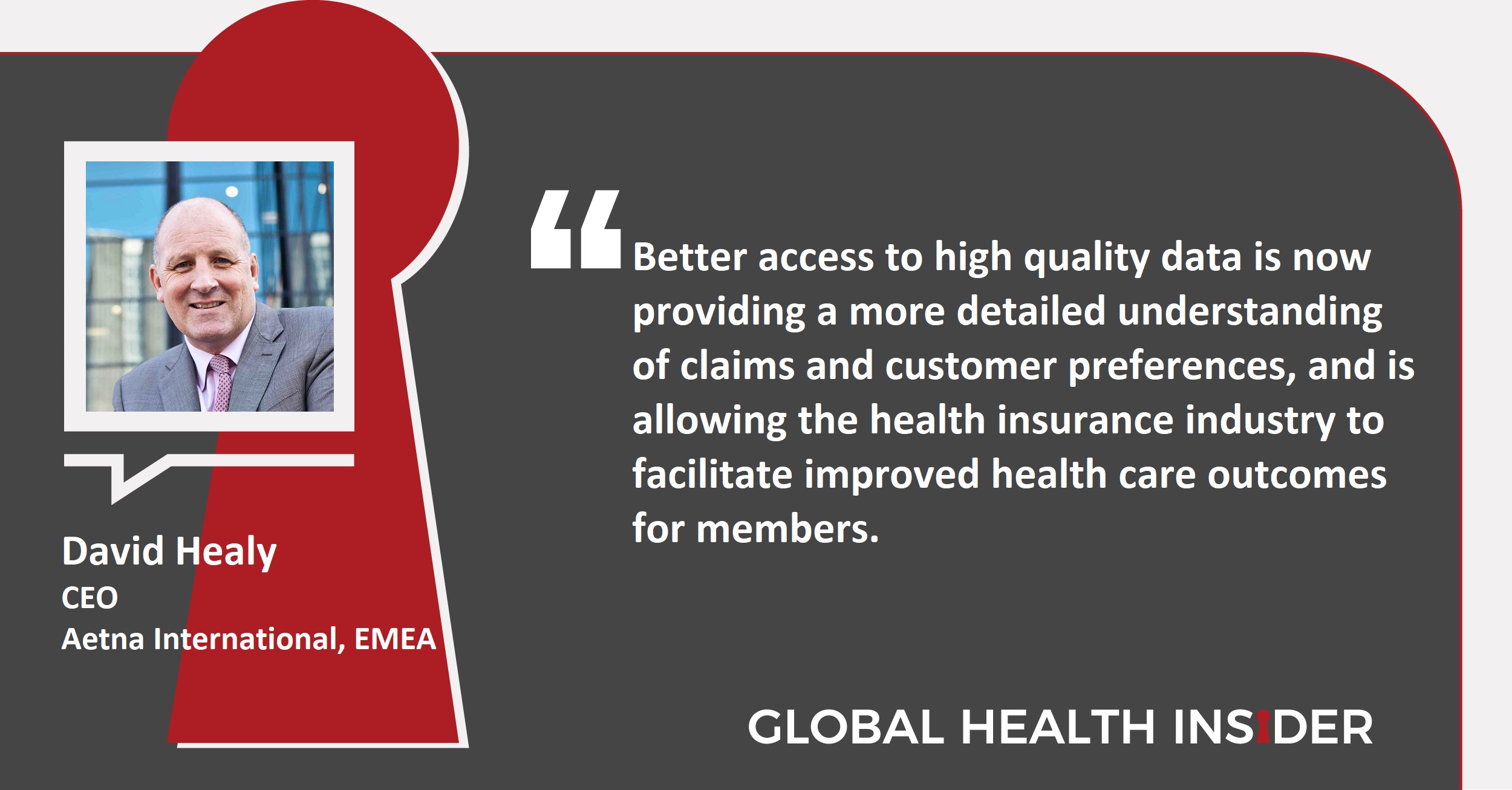Aetna’s New EMEA CEO Shares IPMI Insights for 2018

Mr David Healy has been in the international health and life insurance industry for over 30 years. He was recently appointed as Aetna International’s CEO of the EMEA region. Prior to the appointment as CEO of the EMEA region, he was the General Manager of Aetna International, Europe.
Mr Healy shared his insights about what’s next for Aetna International as well as the IPMI industry in 2018. Learn more about him and Aetna International’s plans in his full interview below.
Q: How has your career at Aetna International developed to become CEO of the EMEA region?
A: Before moving to Aetna International as General Manager for Europe, I had spent 14 years as CEO of Aegon Ireland. The role at Aetna International sounded like an exciting challenge and had distribution and geographical similarities to my previous roles at Aegon and other organisations. The product, however, was a departure. At the time I’d had limited exposure to the particularities of international health insurance.
After a short time at Aetna International, my role expanded to encompass operations and, in recent months, I was asked to head the newly merged Europe, Middle East and Africa region.
Click & Like on LinkedIn
Q: What’s the rationale behind Aetna International merging their Europe, Middle East and Africa regions?
A: Aetna International has ambitious growth plans and a desire to make health care more affordable and accessible across the globe. To do this, we must adapt and change and create operating models that will allow us to meet our goals.
Our new operating model creates fewer regions - the Americas, Europe Middle East and Africa (EMEA) and the Asia Pacific (APAC) - and greater regional accountability. This means the ability to make faster decisions and continue focussing on our customers, and on the journey, they take with us.
Q: What do you see as some of the biggest challenges for the industry over the next few years?
A: The global regulatory environment has changed enormously, including in emerging markets such as the Middle East. New regulations and legislative frameworks introduced over the past decade or so have created new challenges for business but brought advantages as well. Customer propositions are now more robust, for example, and insurers have to maintain levels of capital that meet stringent solvency requirements.
Technology has also bought about enormous industry change. Processes are streamlined like never before, customer interactions and communications are more efficient, and a wealth of information is available at the touch of a button. Better access to high-quality data is now providing a more detailed understanding of claims and customer preferences and is allowing the health insurance industry to facilitate improved health care outcomes for members.
Big data is coming very much to the fore and will be instrumental in shaping the industry in the years to come. There is now an eye-watering volume of data, and this brings huge learning possibilities. The challenge is how to collect, analyse and safeguard that information, and how to use our learning to benefits members and wider populations.
Q: What can we expect from Aetna International in 2018?
A: The roll-out of our new virtual health facility is something we’re excited about. Virtual health – or vHealth as we call it - is transforming the way people access care. Virtual consultations allow patients to communicate with doctors by video via their phone, tablet or computer. Interactions are recorded for future reference, and medical practitioners can prescribe medicines, refer to specialists, and generally advise patients about their medical issues.
vHealth will help to reduce hospital visits and ease the process of accessing consultants who specialise in particular conditions.
Aetna International is also driving forward a big data agenda. We’re looking at a whole range of issues that will enable us to provide more effective and sustainable product solutions for members.
I believe technologies of this nature will drive big changes in the industry over the next five years.
Q: Finally, what are the 2018 priorities for Aetna International in the EMEA region?
A: Our strategy is to go ‘broader and deeper’ to reach more people around the world with appropriate health care solutions. The same principle applies for each of our regions, but we understand that a model that works in one country may not work in another.
Increasingly, we are working with or acquiring, local providers who can provide the local expertise and networks, whilst Aetna can support this with a global infrastructure and finance models. For example, we have recently acquired Bupa Thailand. With 250,000 members, 300 staff, 30 years’ of experience and 400 local providers, they have outstanding local knowledge. We can support this with the financial and infrastructure benefits of a Fortune 50 company with 160 years’ experience.
Additionally, it’s about wellness and efficiency. We focus on keeping people well and stopping them becoming chronically ill in the first place. And we believe in increasing efficiencies, simplifying the patient journey and improving access to primary care (family doctors) to reduce acute care costs.
We can harness technology to deliver primary health care – this can reduce the strain on acute care, focus people on wellness and deliver without huge infrastructure costs. ICT will be crucial in supporting the transformation of health care systems in the region and especially so in achieving objectives such as fighting lifestyle-related diseases, improving access to health care services and building workforce capacity.


Leave a Comment
* Fields marked with this asterisk are mandatory.